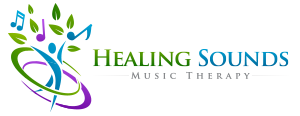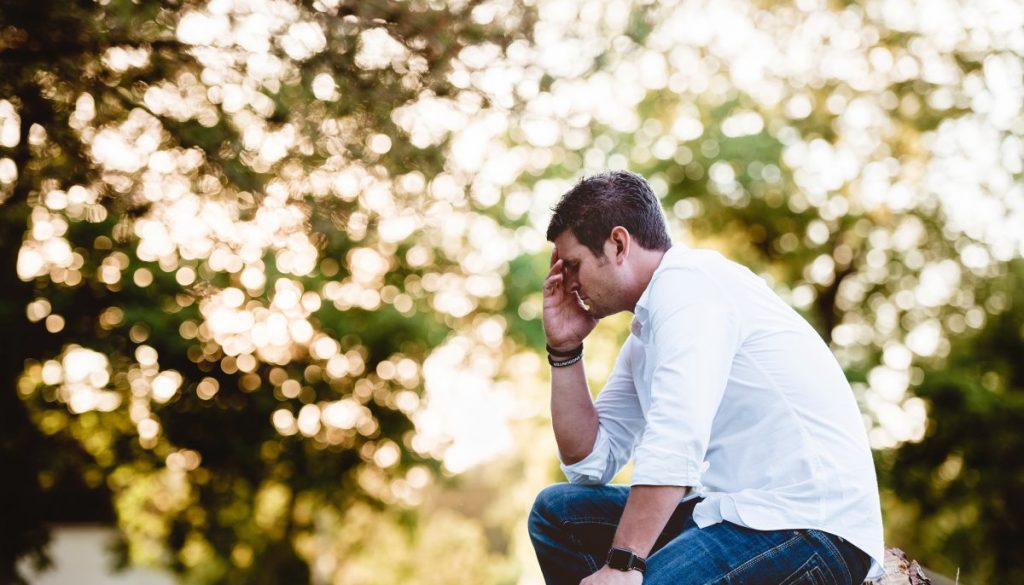Depression and Music Therapy
The Centers for Disease Control reports that approximately 9% of adults in the US experience the symptoms of depression each year, and that about 3% of adults suffer from major depression (the leading cause of disability for ages 15-44). Additionally, women are 70% more likely to experience depression during their lives than men.
So what are the symptoms? (My video on the subject is here.)
- feeling sad or having a depressed mood
- change in appetite, significant weight loss/gain that’s not intentional (i.e., you’re not dieting)
- decreased energy
- change in your typical sleep patterns
- loss of interest in activities you normally enjoy
- difficulty concentrating or making decisions that would typically be easy for you to make
- feeling worthless or hopeless about your future
- suicidal thoughts
In order to be diagnosed with depression, most of these symptoms must be present for at least 2 weeks. So the good news is that it is treatable and can be easily managed for most people with medication, therapy, or a combination of the two.
Additionally, there is also a type called situational depression. As the name suggests, it’s primarily experienced related to a specific life situation (like losing your job or ending a long-term relationship). Generally, this type can be treated relatively easily and with short-term therapy and/or medication.
So how does music therapy help?
- improves self-esteem/self-image
- provides a safe outlet for emotional expression
- decreases feelings of anxiety and stress
- contributes to positive changes in mood and emotional states
- increases feelings of motivation and energy
- empowers clients with tools for their own at-home management of symptoms
- helps develop coping and relaxation skills
If you think you or a loved one is suffering from depression, please contact your physician for a checkup and possible diagnosis. If you’d like to know more about how music therapy might help you specifically, please contact me. I’d be happy to answer your questions.





